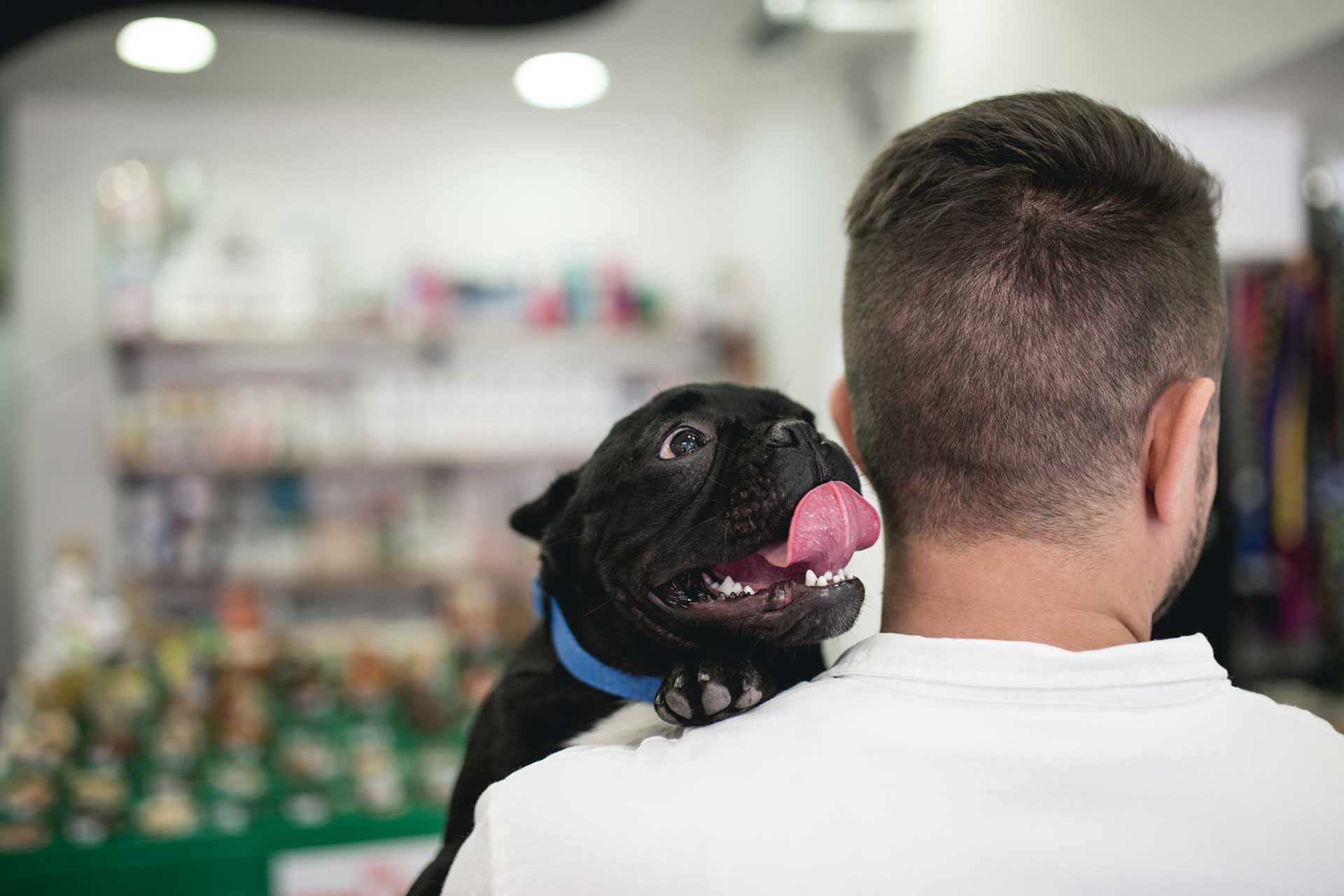
What is Chocolate Toxicity?
Chocolate toxicity is a common problem that affects dogs. It occurs when a dog consumes chocolate, which contains a toxic substance called theobromine. Theobromine is found in all types of chocolate, including dark chocolate, milk chocolate, and white chocolate. However, dark chocolate contains the highest levels of theobromine, making it the most toxic to dogs.

What are the Symptoms of Chocolate Toxicity?
The symptoms of chocolate toxicity can vary depending on the amount of chocolate consumed and the size of the dog. Some common symptoms include vomiting, diarrhea, restlessness, hyperactivity, increased heart rate, muscle tremors, seizures, and in severe cases, coma and death.

What Should You Do if Your Dog Eats Chocolate?
If your dog eats chocolate, you should contact your veterinarian immediately. Your veterinarian may recommend inducing vomiting or administering activated charcoal to help absorb the theobromine. In severe cases, your dog may need to be hospitalized for supportive care, such as IV fluids and medications to control seizures.

How Can You Prevent Chocolate Toxicity?
The best way to prevent chocolate toxicity is to keep all chocolate and chocolate-containing products out of your dog's reach. This includes chocolate candy, baking chocolate, cocoa powder, and chocolate-flavored foods and drinks. If you have a dog that is particularly curious or mischievous, consider keeping chocolate products in a locked cabinet or pantry.

What is the Treatment for Chocolate Toxicity?
The treatment for chocolate toxicity depends on the severity of the symptoms and the amount of chocolate consumed. In mild cases, your veterinarian may recommend monitoring your dog's symptoms and providing supportive care, such as IV fluids and anti-nausea medication. In more severe cases, your dog may need to be hospitalized for more aggressive treatment.
How Long Does it Take for Symptoms to Appear?
The symptoms of chocolate toxicity can appear within a few hours of ingestion, but can also take up to 24 hours to develop. The severity of the symptoms can also vary depending on the amount of chocolate consumed and the size of the dog.

What Types of Chocolate are Most Toxic?
Dark chocolate contains the highest levels of theobromine, making it the most toxic to dogs. Milk chocolate and white chocolate contain lower levels of theobromine, but can still be toxic if consumed in large amounts.

Can Small Amounts of Chocolate Harm Your Dog?
Small amounts of chocolate are unlikely to cause harm to your dog. However, it is best to avoid giving your dog any chocolate or chocolate-containing products to prevent the risk of chocolate toxicity.

What Other Foods are Toxic to Dogs?
In addition to chocolate, there are several other foods that are toxic to dogs, including grapes, raisins, onions, garlic, avocado, and xylitol (a sugar substitute found in many chewing gums and candies).
Can Dogs Develop a Tolerance to Chocolate?
No, dogs cannot develop a tolerance to chocolate. Even a small amount of chocolate can be toxic to a dog, regardless of whether they have consumed it before.

Conclusion
Chocolate toxicity is a serious problem that can affect dogs of all sizes and breeds. If your dog eats chocolate, it is important to seek veterinary care immediately. To prevent chocolate toxicity, keep all chocolate and chocolate-containing products out of your dog's reach, and be aware of other foods that are toxic to dogs.